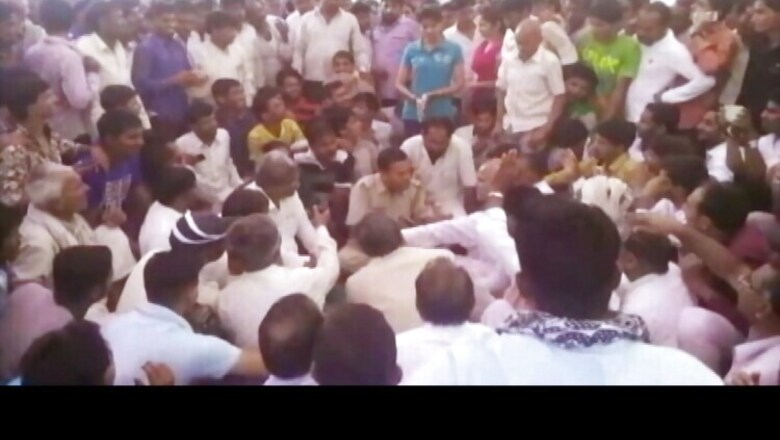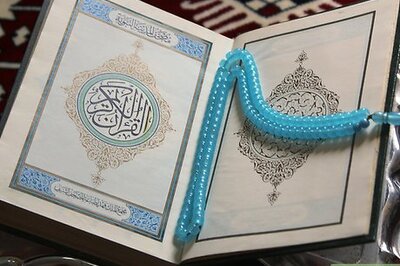
views
Seventy years ago, Dr BR Ambedkar had said that a tree should be judged by the fruit it yields. It was a call for social reform before political and economic reform. But even decades after Independence, discrimination against the Dalit community is widespread, deep rooted and violent. According to the National Crime Records Bureau, 47,000 incidents of crime were reported against Dalits in 2014. Yet, the conviction rate is a shocking low at just 28%.
One Dalpat Koradia and his family are in mourning after their 31-year-old son Ketan committed suicide on April 3. Three years ago it was a complete contrast as the Koradias were celebrating Ketan's breakthrough after he had cleared the entrance exam for a clerk's job at the Ahmedabad Metropolitan Court.
Despite the fact that he was a Dalit, Ketan had qualified in the general category. But the story didn't have a happy ending. His colleagues made his life miserable. His family said no one wanted to work with him and that he was taunted with casteist insults. He was frequently transferred too.
"He told me often that they used to harass him on the basis of his caste. They gave him unwanted work. It was this frustration that drove him to suicide," said Dalpat Koradia, Ketan's father.
Ketan belonged to the predominantly Dalit neighbourhood in Behrampura, Ahmedabad. His family and neighbours are upset that the police haven't arrested anyone so far. In his suicide note to his father, Ketan had named five people. While a family grieves and a community despairs, Ketan's death just adds to an already long list of crime against Dalits.
Compared to 39,000 cases of crime against Dalits in 2013 registered under the SC/ST Atrocities Act, the number rose to 47,000 in 2014. In 2015, the highest number of atrocities against Dalits were reported from Rajasthan and Uttar Pradesh.
On March 29, a 17-year-old Dalit girl was allegedly raped and murdered by a physical training instructor in her college in Rajasthan's Bikaner district. Her family said that she was a bright student and the first girl from her village to pursue higher studies. She had also received an award from Rajasthan Chief Minister Vasundhra Raje. Civil rights activists complained about the manner in which the case was handled.
In another shocking incident from the state, three young boys from the backward Kanjar community were stripped and thrashed by a mob for stealing a motorcyle in Rajasthan's Chittorgarh district on April 2.
Caste discrimination remains a nationwide phenomenon even 69 years after independence.
Experts like Indian Council for Social Science Research Chairman Sukdeo Thorat believes that despite affirmative action and laws, caste discrimination is prevalent in all sectors. "People's behaviour has not changed. What is needed is an anti-caste movement. The responsibility for this falls on Hindu organisations. They need to take a lead."
Police and courts also need to do much more when it comes to delivering justice to victims of caste crimes. Approximately 1.72 lakh crime against Scheduled Castes went on trial in 2014 and trials were completed in only 13 per cent of the cases.




















Comments
0 comment